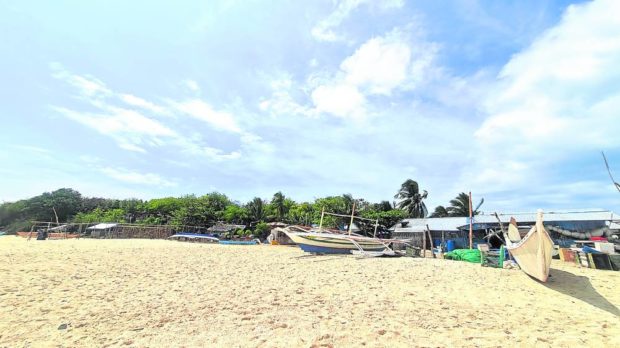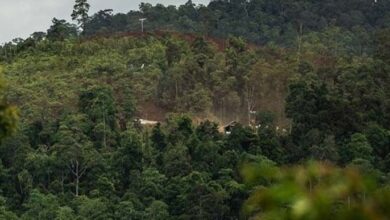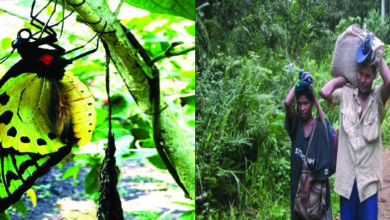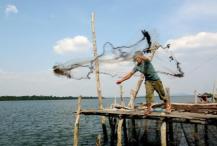13 Southern Leyte areas aim to make fishing more sustainable

– 5 months ago

SNAPSHOTS OF AN ISLAND Mambacayao Island is just one of the many fishing communities that consider the Tanon Strait their lifeline in the nearby Visayan Sea. FILE PHOTO
TACLOBAN CITY — At least 12 coastal towns and a city in Southern Leyte were named beneficiaries of a World Bank-funded fishery management project.
The municipalities of Sogod, Libangon, Liloan, San Francisco, San Ricardo, Pintuyan, Padre Burgos, Macrohon, Malitbog, Tomas Oppus, Bontoc, Limasawa, and Maasin City, the provincial capital will receive rehabilitation support for coastal and marine habitats, climate-resilient fisheries infrastructure, livelihood enterprise development assistance, and appropriate fisheries management development support.
Bureau of Fisheries and Aquatic Resources (BFAR) regional director Hannibal Chavez said the collaboration aims to ensure that Southern Leyte maximizes the opportunity to help its people in recovering from the impact of Typhoon Odette (international name: Rai) that hit the province in December 2021 and undertake resilient fisheries conservation measures for sustainable resource management.
“Another beacon of hope is to be granted to the hardworking and earnest people of Southern Leyte as they recover from the impact of Typhoon Odette which left the province, especially its coastal communities, a significant challenge to regain what they had before the unexpected devastation of this typhoon in 2021,” Chavez said.
READ: 3-month fishing ban in Visayan Sea starts
The project, spearheaded by the BFAR under its fisheries and coastal resiliency (FishCoRe), was inaugurated on December 11 in Tacloban City.
The FishCoRe Project is a seven-year developmental initiative supported by the World Bank which provided an initial funding of P35 million for its first three years of implementation.
Board Member Rolando Bacoy, who represented Gov. Damian Mercado, said they are happy that Southern Leyte was chosen as beneficiary of this fishery management and conservation project of BFAR.
“The provincial government is very happy that the Sogod Area is part of the fisheries management area and hopefully all the mayors, the municipal agricultural officers, and our coastal communities will help together hand in hand for the benefit of all the fisherfolk in the province. We are also hoping that it will expand to other areas, especially in our Pacific towns,” he said.
The project has three major components: fisheries and coastal resilient resource planning management, modern and resilient livelihood investments, and support to project implementation and management.
Among the first three-year deliverables are the fisheries management area (FMA) framework plan and fisheries management plan (FMP) implementation, diversified livelihood projects, and operationalization of its FMA Coordinating Unit (FCU).
FCU will facilitate the implementation of the FMA plans and programs, provide necessary technical assistance and advice to local governments and the private sector, and actively support the integration of various fisheries-related plans into the provincial and municipal development and investment programs within the province.



